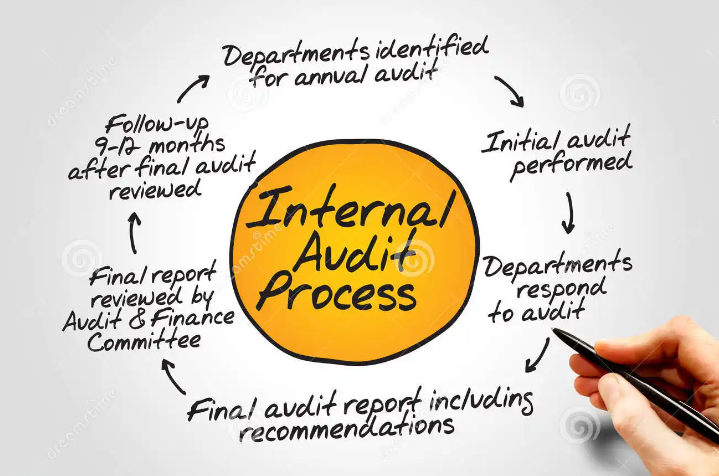Principles of Internal Auditing


This course introduces students to the internal audit profession and the internal audit process. It covers the definition of internal auditing, and the IPPF®, and explores key concepts related to risk, governance, and internal control. Students will learn how to conduct internal audit engagements, from planning to reporting, in alignment with professional standards. The course also incorporates foundational data analytics concepts, emphasizing their application in risk assessment, fraud detection, control testing, and audit reporting to enhance decision-making and audit effectiveness.
Sample Overall Learning Objectives:
1.Explain the purpose of internal auditing and its assurance and advisory role in the organization, including The IIA’s definition of internal auditing, the Three Lines Model, and the importance of ethics and fraud awareness in promoting organizational integrity.
2.Apply the IPPF® to real-world scenarios, demonstrating an understanding of internal audit standards and guidance applicable to audit engagements.
3.Understand the internal audit process from planning to communicating, including risk assessment, internal control evaluation, and communicating audit results effectively through formal reports.
4.Evaluate governance, enterprise risk management (ERM), and internal control systems using data analytics, and apply foundational techniques to enhance audit quality, detect fraud, and support decision-making.
